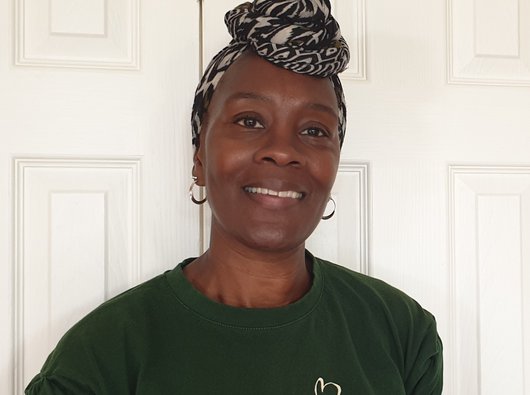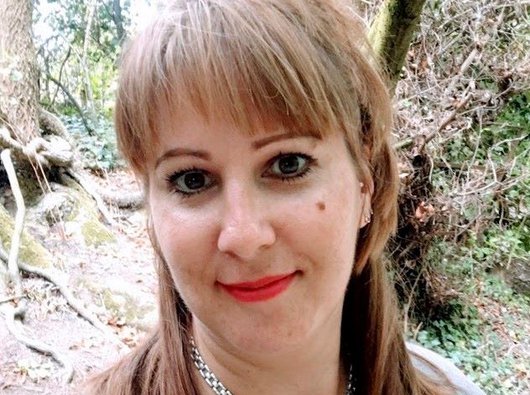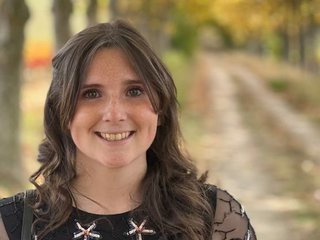Life after acute myeloid leukaemia (AML)
Finishing treatment for AML is a big achievement worth celebrating, although it can take time for your body to recover.
Don't feel bad if you don't bounce back quickly after AML. Your body has been through a lot. You can build your fitness back up, but it will take time.
On this page:
"The end of treatment doesn’t mean it’s all over – other patients understand this.
After treatment, I needed someone to hear and validate the realities of what I’d been through." Yvonne, diagnosed with AML in 2018.
Read more about adjusting to life after treatment ends.

How long does it take to recover?
People with AML say it's important to know that after finishing treatment, there is another stage to the journey.
Recovering from AML isn't the same as recovering from other illnesses. It can take several months to rebuild your fitness. Trying to increase your physical activity will help.
You will have check-ups with your medical team regularly after treatment. This could be several times a week at first, to make sure you are OK. Eventually the check-ups will be monthly, and later every few months.
Follow-up appointments last several years, although they get more spaced out as time goes on. Your medical team will be checking your blood and helping you manage any side effects after treatment.
"I want other people with AML to know that if you've got through treatment, you are doing great!
If you're still really tired or weak, you aren't failing, it's normal and you are making progress. Anna, diagnosed with AML in 2015.
Read Anna's story about Life after treatment - finding a new normal.

How you might feel
Finishing treatment can bring mixed feelings. Many people feel relieved and happy that it's over. But it's also common to feel vulnerable, alone or worried about the future.
You might find finishing treatment harder than expected – this is natural.
If you are coping with lasting side effects, like changes to your heart or lungs, or infertility, it can be hard to accept that the treatment has changed your body more permanently.
For many people, the emotional impact of what they've been through can hit them harder after treatment ends. You might start to process everything that's happened.
There's no right or wrong way to feel after treatment. Other people who've recovered from AML have good advice on our online community forum.
What can I do to help myself?
It takes time to recover from AML, but there are things you can do to help move things along.
- Keep talking to your medical team - They are there to help you adjust back to your life after treatment. Ask them about side effects, the emotional impact of AML, financial support or how to build up your strength.
- Read success stories – There are lots of stories from other people who have recovered from AML and found ways to adjust to life after treatment. Read our living well with blood cancer stories.
- Keep moving – Physical activity will help you recover from AML. It also helps you sleep better and reduces stress, anxiety and depression. Even a five minute walk can help. Do what you can, but listen to your body. We have more information on keeping active and eating well.
- Know how to manage fatigue – Fatigue (tiredness) is a very common side effect of blood cancer and its treatment. It’s different from normal tiredness. We explain what fatigue is and how to manage it.
- Get emotional support – It's common for the emotional impact of everything to be felt once treatment ends. Many people find counselling helps them adjust to this big change in your life. You can talk to our Support Service too – we often talk to people about coping once treatment ends.

Coping after treatment ends
Get more information and stories about coping with remission.
